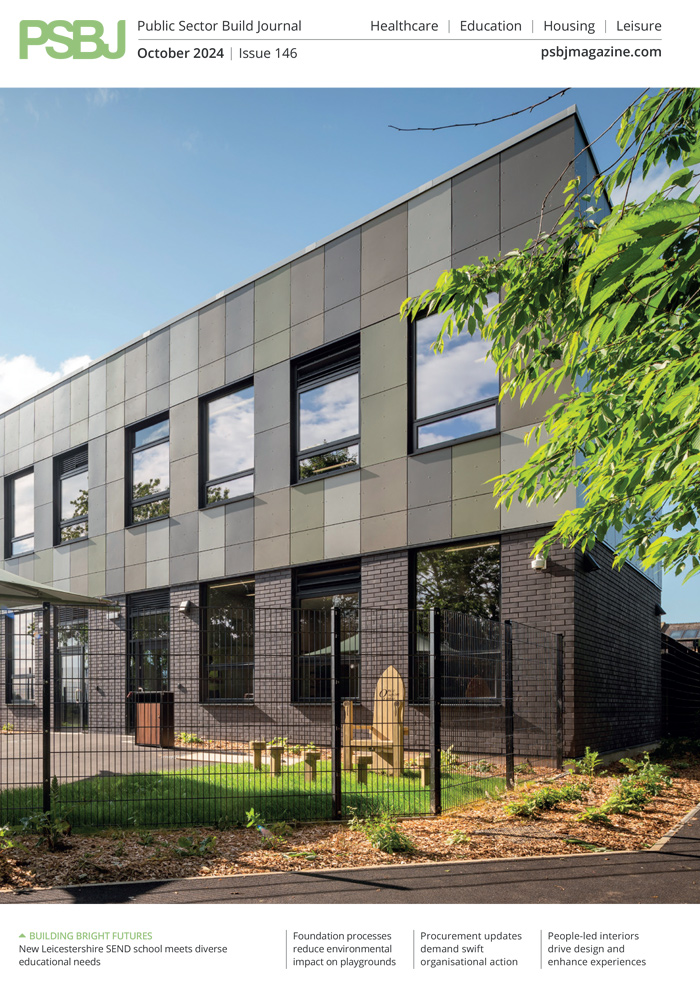Clare Chamberlain, Head of Construction Category at Crown Commercial Service, discusses the importance of social value in construction projects and gives top tips to ensure it’s not missed off the list.
Crown Commercial Service
The PPN 06/20 policy note highlighted changes that mean public sector buyers are required to think differently about how they secure social value from the goods and services they buy for their local area.
This significant policy change meant that social value became a mainstream priority in all public sector procurement from 2021.
What does this mean for your building and construction projects?
Our construction frameworks allow customers to embed social value in the way most appropriate to their circumstances.
There’s a wide range of social-value-related considerations, such as opportunities for disadvantaged groups, contributing to achieving healthy communities, driving climate change, and with recent impacts of EU exit on labour, social value that considers upskilling the workforce and providing job opportunities has become more important than ever.
To ensure that there are clear lines of sight between your social value expectations and what suppliers can offer, here’s our five top tips on what you need to consider.
1. Embed throughout the project
Focus on embedding social value considerations throughout the project. For larger projects, consider a project specific social value strategy. Don’t wait until the main contractor tender to start thinking about it either, consider writing clear guidance around social value and what is expected into the brief.
2. Don’t ask for everything
Early community engagement brings tailored social outcomes. This will help your team to be able to focus on what social value outcomes you want for your project and help to avoid you asking for everything. What are the key themes for the area of construction? Does it have a high unemployment rate? Is it in a built-up area with limited community space? Engage with local charities and social enterprises to find out what’s important to them.
3. Consider what questions to ask at tender stage
Tailor your questions to be project specific and drive a SMART answer. Think carefully about who you ask to assess and score these questions, it should be someone with the right skills and experience to know a good answer from a bad one.
4. Make it contractual and monitor
Getting some great social value outcomes at the tender stage is fantastic, but it’s really important that this is fed through and delivered. One way to do this is to convert these promises into social value KPIs that are monitored throughout.
5. Ask for data
Include clear instructions on exactly what you want captured. For example, if you’re asking for contractors to train apprentices, ask them to record apprentice initials and postcode, the programme, level and start and end dates so that you can interrogate the data. Ensure your contract has a ‘right to audit’ clause and that any data you collect is GDPR compliant.









